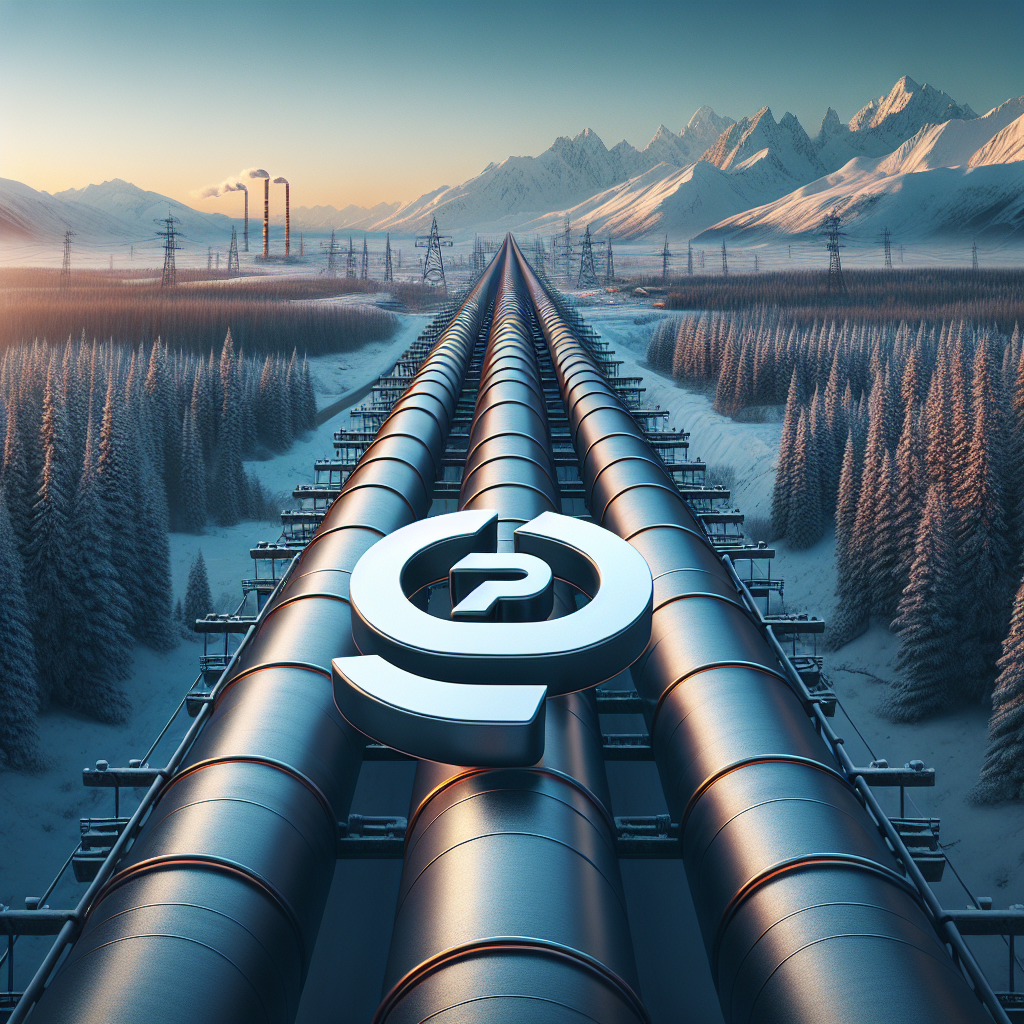Gas Wars: The Diminishing Role of Russian Gas in Europe
Russian gas giant Gazprom's supplies to Austrian energy firm OMV have been halted, following Vienna's announcement of a cut in Russian gas. The Ukraine transit route, one of the last Russian gas pathways to Europe, is set to close as it reaches the end of its five-year agreement. This development marks a significant shift as Europe moves away from Russian gas dependency, with alternative suppliers from Norway, the US, and Qatar.

Russian energy giant Gazprom has stopped gas deliveries to Austria's OMV, marking a significant shift in the region's energy landscape. The halt comes after Vienna announced Russia's intention to cut gas flows and follows an arbitration ruling in OMV's favor over unresolved Gazprom supplies.
The Soviet-era Urengoy-Pomary-Uzhgorod pipeline, a remaining crucial Russian gas route to Europe via Ukraine, is due to close by year's end as Kyiv chooses not to renew a five-year transit agreement. This adjustment underscores Europe's ongoing efforts to lessen reliance on Russian gas, especially after explosions disrupted the Nord Stream pipeline in 2022.
Historically a major gas supplier, Russia has seen its market share erode since the Ukraine conflict, with countries like Norway and the US filling the void. Austria's withdrawal leaves Hungary and Slovakia as the only remaining European nations significantly reliant on Russian gas, primarily via a Turkey-based pipeline.
(With inputs from agencies.)










